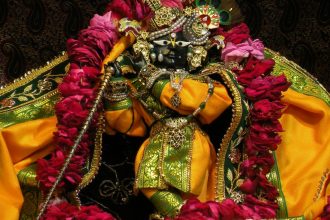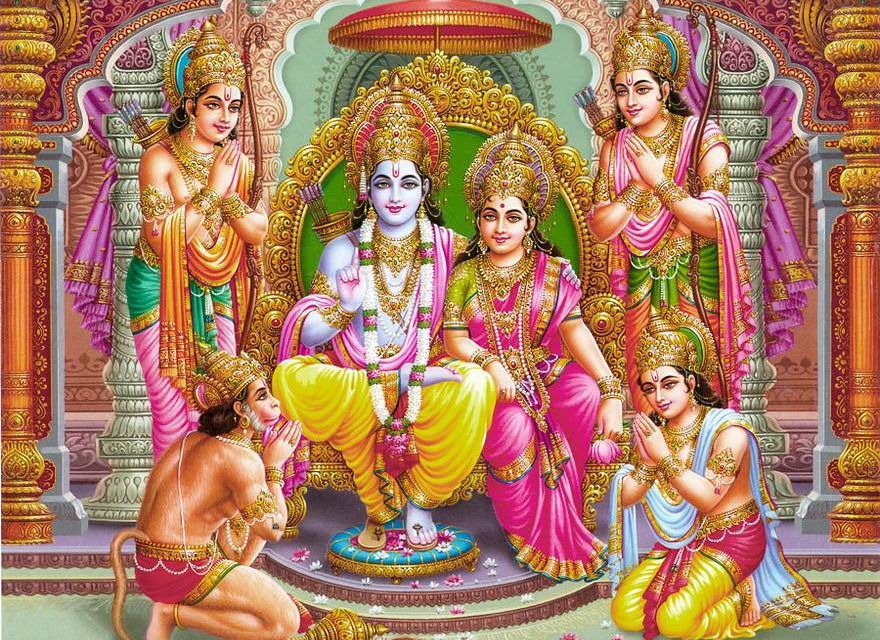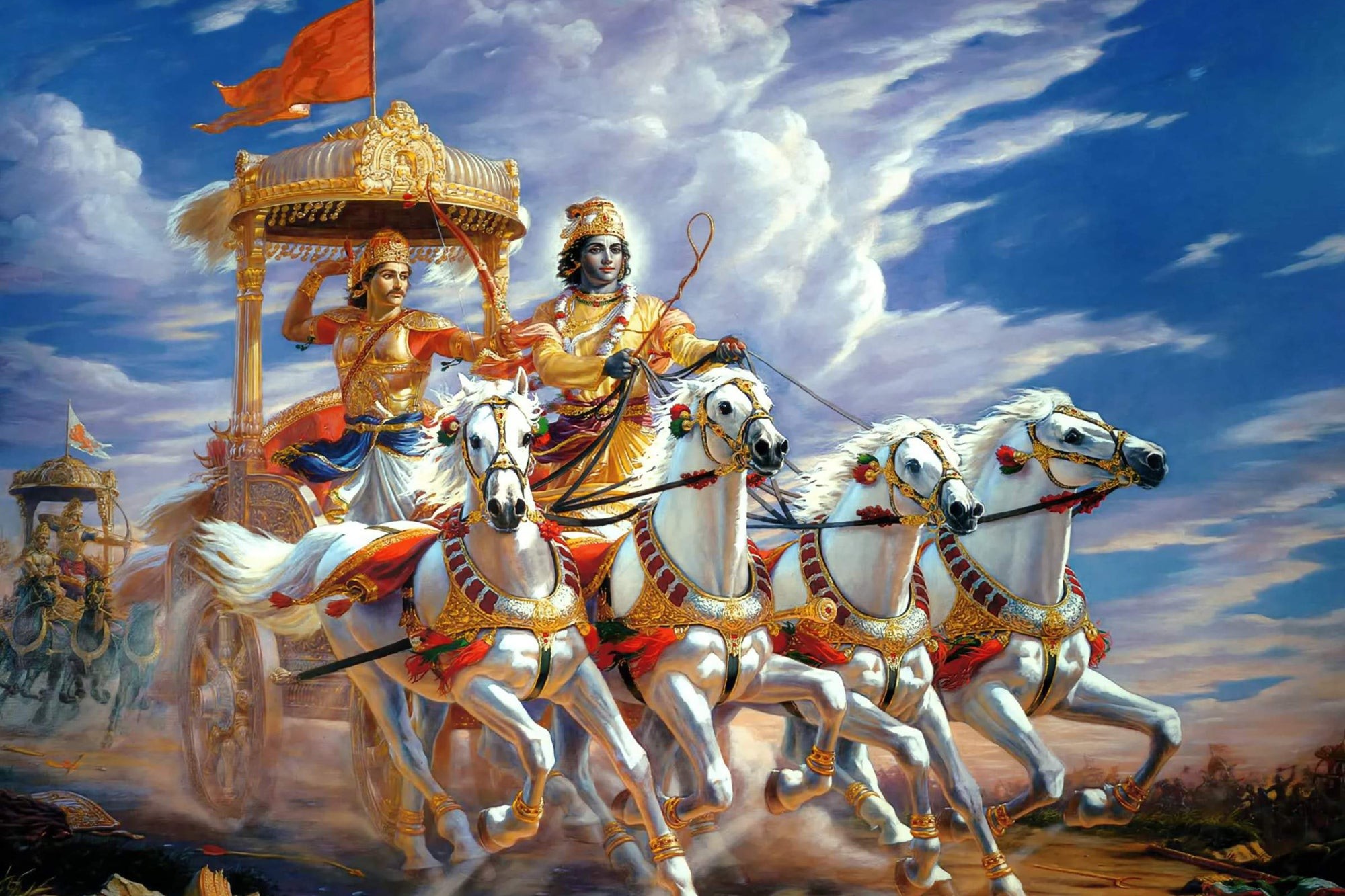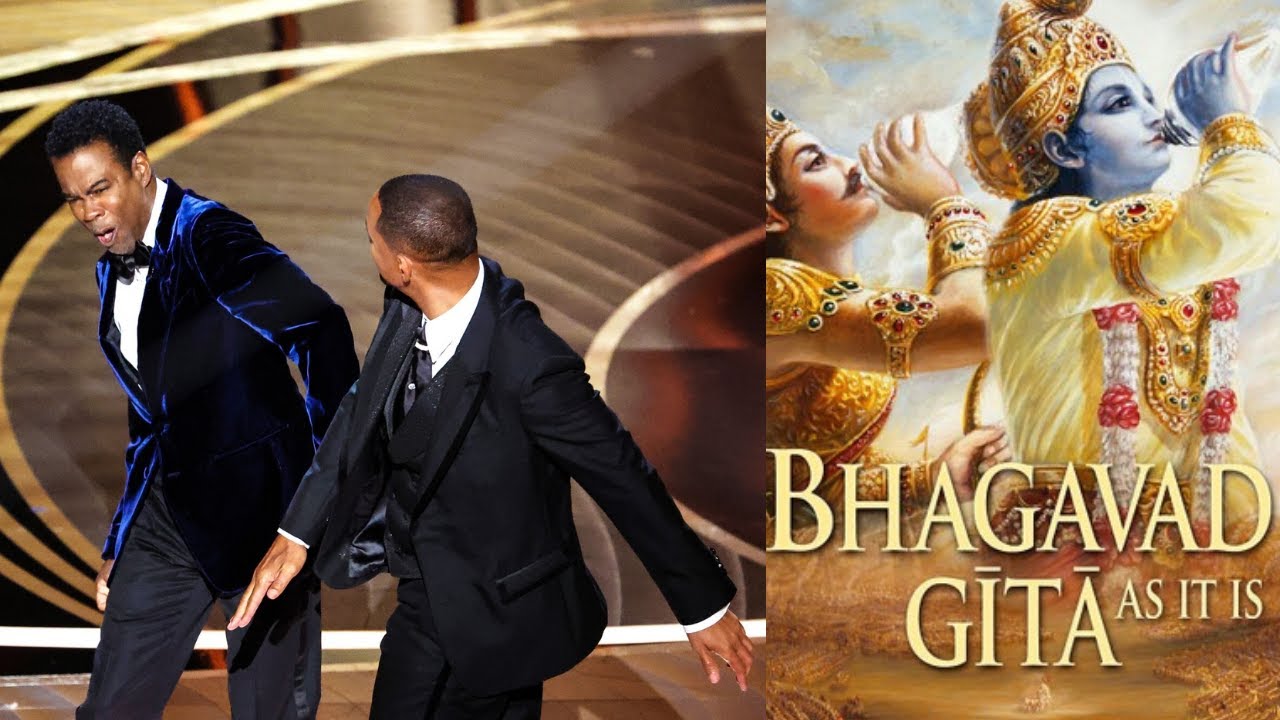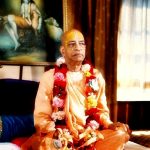One who propounds the philosophy of Śaṅkarācārya, which basically holds that God is featureless and impersonal, that devotion to a personal Godhead is false, the material creation of the Lord is also false, and the ultimate goal of life is to become existentially one with the all-pervading, impersonal Absolute.
Māyāvāda philosophy. Māyāvāda in Sanskrit means doctrine of illusion. In India, the philosophies of the Buddha and of Śaṅkarācārya are called Māyāvāda. The second grew out of the first. The fundamental principles accepted by both are the following:
1) name, form, individuality, thoughts, desires and words arise from māyā or illusion, not God;
2) māyā cannot be rationally explained, since the very idea that anything needs explaining is itself māyā;
3) the individual self or soul is not eternal, because upon liberation it ceases to exist;
4) like māyā, the state of liberation is beyond all explanation. The main difference between the two is that Śaṅkarācārya’s Māyāvāda asserts that beyond māyā is an eternal impersonal monistic reality, Brahman, the nature of which is the self.
Buddhism, however, aims at extinction (nirodha) as the final goal. Of the two, Śaṅkarācārya’s Māyāvāda is more dangerous, as it apparently derives its authority from the Vedas. Much word-jugglery is employed to defend the Vedic origins of Śaṅkarācārya’s Māyāvāda. But ultimately Māyāvādīs dispense with Vedic authority by concluding that the Supreme cannot be known through śabda, that the name of Kṛṣṇa is a material vibration, that the form of Kṛṣṇa is illusion, and so on.
The Śaṅkarites agree with the Buddhists that nāma-rūpa (name and form) must always be māyā. Therefore Vaiṣṇavas reject both kinds of Māyāvāda as atheism. Buddhists generally do not deny that they are atheists, whereas the Śaṅkarite Māyāvādīs claim to be theists. But actually they are monists and pantheists. Their claim to theism is refuted by their belief that the Supreme Self is overcome by māyā and becomes the bound soul.
Śaṅkarācārya’s Māyāvāda is similar in significant ways to the Western doctrine of solipsism. Like solipsism, it arrives at a philosophical dead end. The questions that remain unanswered are: If my consciousness is the only reality, why can’t I change the universe at will, simply by thought? And if my own self is the only reality, why am I dependent for my life, learning and happiness upon a world full of living entities that refuse to acknowledge this reality?


